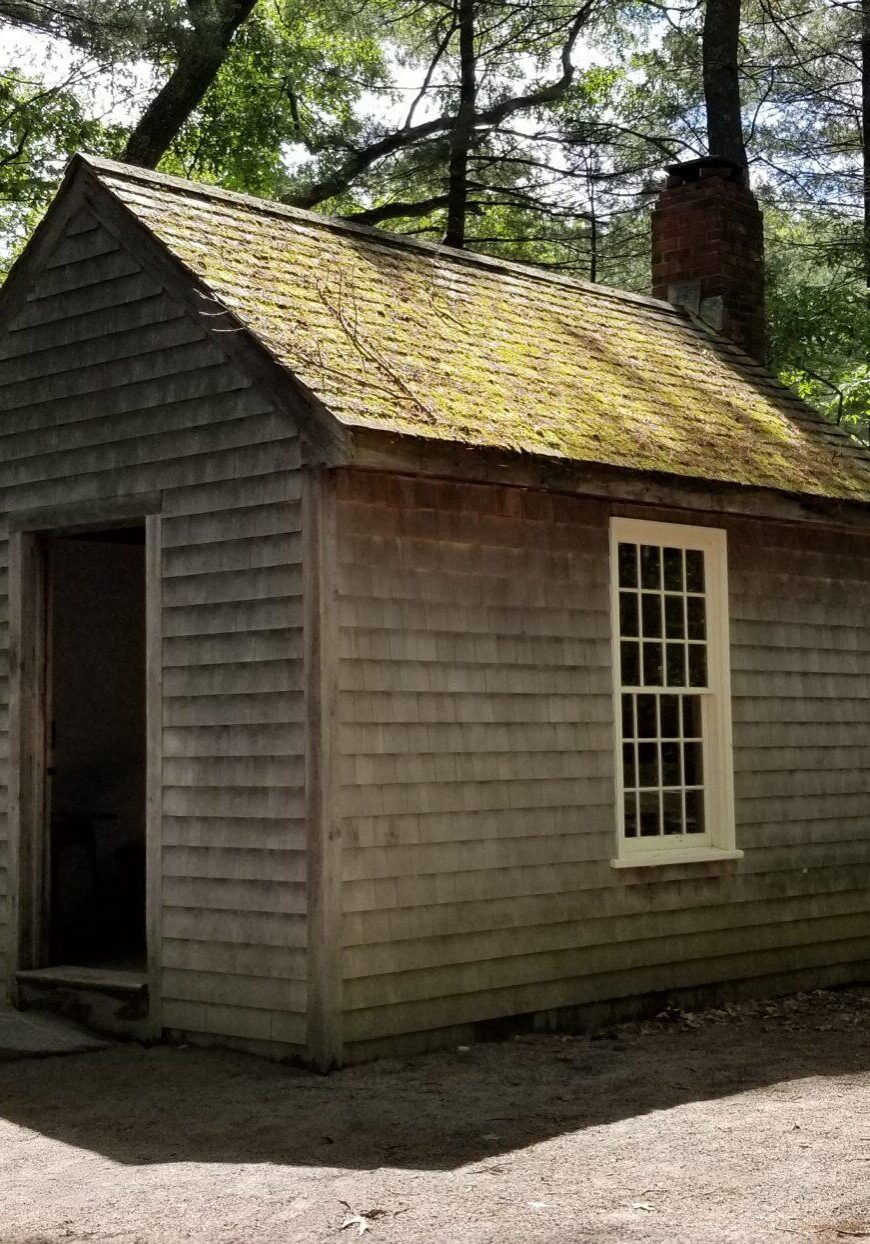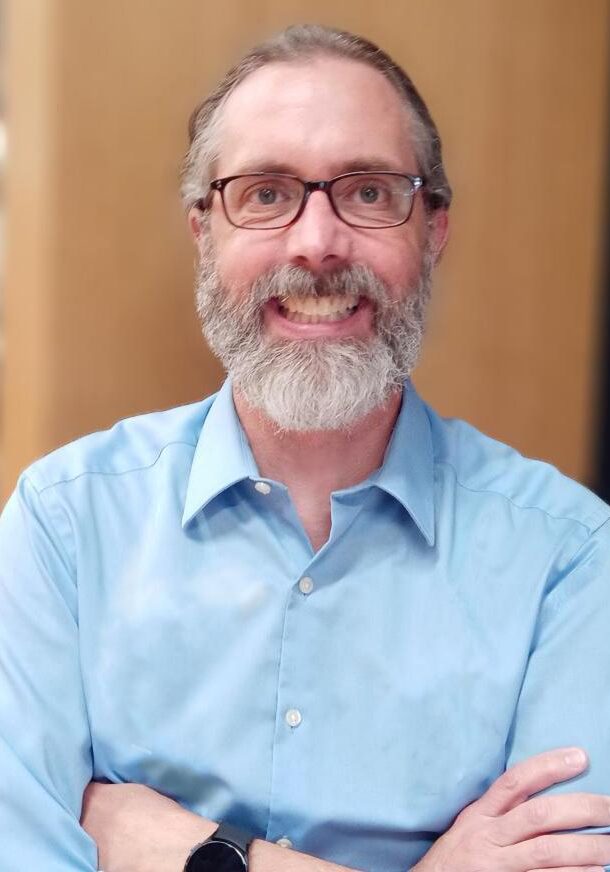Forest Optimism

From wildfires to habitat and species loss to illegal logging, it seems that barely a week goes by that we don’t read or hear something alarming about our forests. And while concerns about our forest future are valid, emphasis on the negative to the exclusion of all other news can be overwhelming and overshadow all that is working in how we manage and conserve our forests.
During our special webinar series, we are offering insightful programming by focusing on the theme of Forest Optimism as a way to tell the stories of what is working across the spectrum of forestry and related research, industry, land management, and conservation efforts.
We acknowledge the challenges that are facing our forests. At the same time, we want to explore and share some of the work the public and private sectors, Indigenous peoples, local communities, the forestry profession, nonprofits, and universities have done to help ensure that our forests and the communities that depend on them flourish now and into the future.
Our Webinars
| June 7, 2024
Watch HERE
|
"Forest to Frame: Using Georgia’s Forests In Local Mass Timber Buildings" with Troy Harris & Russell Gentry and guest host Lynn Wilson
You've heard of Farm to Market. Substituting traditional construction materials like concrete and steel with mass timber, has the potential to materially reduce our carbon footprint with the added benefit of incorporating the beauty of wood into the architecture. Learn how in the state of Georgia companies are using local forest resources to construct "locally grown" buildings with mass timber. Russell Gentry is Professor of Architecture and Associate Dean for Faculty in the College of Design at Georgia Tech. He is a licensed structural engineer and building materials researcher. Troy Harris is the Managing Director of Timberland and Innovative Wood Products at Jamestown with 30 years of experience in public and institutional timberland portfolio management, timberland acquisitions and dispositions, operations management, and business development throughout the U.S. Guest host Lynn Wilson has had a long career in the forest products industry. She last served as the Vice President, Supply Chain for Louisiana Pacific before becoming president of Wintertide LLC. Lynn served as a member and chair of the Forest History Society Board of Directors. |
| June 11, 2024
Watch HERE |
"The 'Family Tree' and Heirs’ Property Rights: Connecting People, Land, and Legacy" with Sam Cook and Natalie and Nikki Jefferies and host Jamie Lewis
Productive agricultural land remains elusive for many landowners and agricultural professionals are often limited in helping them due to complicated legal and social issues. This is particularly true for forestland owned as heirs' property—property with multiple owners, each of whom inherited their shares. A new documentary film “Family Tree” looks at this issue heirs’ property rights through the eyes of land owners throughout North Carolina and those advising them. In the film you meet forester Sam Cook, who advises two sisters, Natalie and Nikki Jefferies, who are not only landowners but are advocates for family forests. Webinar host Jamie Lewis will speak with Natalie, Nikki, and Sam about the issue of heirs’ property and their experiences as natural resource managers. Natalie and Nikki Jefferies are inheritors of a family legacy rooted in the land. These two sisters are more than mere stewards; they are advocates for the profound significance of family forests. Through their involvement in "Family Tree" shines a light on the importance of family forests, they hope to inspire others to embrace their role as custodians of the earth and to recognize the profound impact that individual actions can have on the collective well-being of our planet. Sam Cook is the executive director of Forest Assets and VP of the Natural Resources Foundation for the College of Natural Resources at NC State University, the former Director of Forestry Center for Heirs' Property Preservation, and is Immediate Past President of the Society of American Foresters. Jamie Lewis is the historian at the Forest History Society. He hosts the Society’s monthly webinar series “Conversations in Forest History.” |
| June 12, 2024
Watch HERE |
"Tree Equity: Enacting Change in America’s Cities" with Jad Daley and hosted by Tania Munz
Trees are crucial infrastructure to cities--they cool neighborhoods by providing shade, clean the air we breathe, and even provide career opportunities. However, studies have shown that due to redlining and other discriminatory policies, neighborhoods with more low-income families and people of color living in them have fewer trees, which has a significant impact on overall health and quality of life. The Tree Equity movement led by American Forests seeks to remedy this issue through enacting change on both a local and policy level. Join guest host Tania Munz of the Forest History Society for a discussion with Jad Daley, the CEO of American Forests, to learn more about this organization’s work with tree equity and its importance. Jad Daley is the 40th president and chief executive officer of American Forests, the nation’s oldest forest conservation organization. Under Daley’s leadership, American Forests has grown three-fold and launched partnerships to tackle climate change and social inequity in cities across the United States. He serves as the co-chair of the Forest-Climate Working Group, which he cofounded in 2007, and sits on the boards of the Sustainable Forestry Initiative, North American Forest Partnership, and Nature4Climate. Tania Munz, PhD, is President and CEO of the Forest History Society. |
| Weds., June 19, 2024
1-2:15pm ET Register HERE |
"Creating A Viable Future Through Sustainable Resource Economies" with Laurie Wayburn with guest host Peter Stein
With about 37 percent of all forestland in the states of California, Oregon, and Washington privately owned, creating economic models for forest conservation by private landowners that works is changing the game there. The Pacific Forest Trust is one of the players working closely with landowners and communities to make this important work possible. Join us for a webinar guest hosted by Peter Stein, himself a leading expert in the economics of conservation, to get a better sense of the context and future of this important work. Laurie Wayburn is Co-founder, Co-CEO, and President of Pacific Forest Trust. Laurie is an accomplished forest and conservation innovator who advises policymakers at the state, regional, national, and international levels. A preeminent authority on the climate and ecosystem benefits of forests, she leads efforts enacting climate change policies that unite conservation and sustainable management with market-based approaches. Peter Stein, Managing Director of The Lyme Timber Company, has extensive experience in conservation-oriented forestland and rural land purchases and dispositions. He develops conservation sale strategies for Lyme and also leads its conservation advisory business. Previously, Peter served as Senior Vice President of the Trust for Public Land, where he directed TPL’s conservation real estate acquisitions in the Northeast and Midwest. Peter is a former member of the Forest History Society Board of Directors. This presentation is approved for 1.0 hour of CFE credit by the Society of American Foresters. |
Other Presentations From FHS

Unprecedented Seasons
This series addressed the biggest issues of 2020 and 2021: racial inequality and social justice, social isolation and distancing, and climate change—often using the lens of environmental history, biography and memoir to do so.

Conversations in Forest History
This monthly series hosted by FHS historian Jamie Lewis explores the latest ideas in forest and conservation history with historians, journalists, and film makers or forest-related topics in the news with experts in natural resources management.

